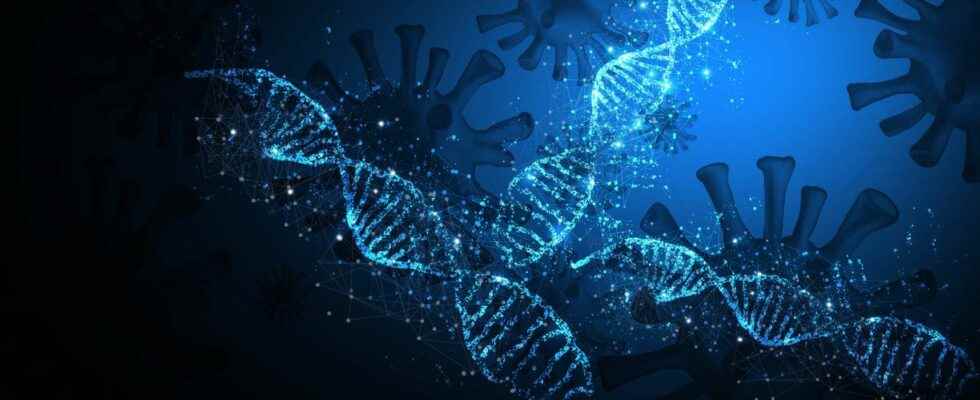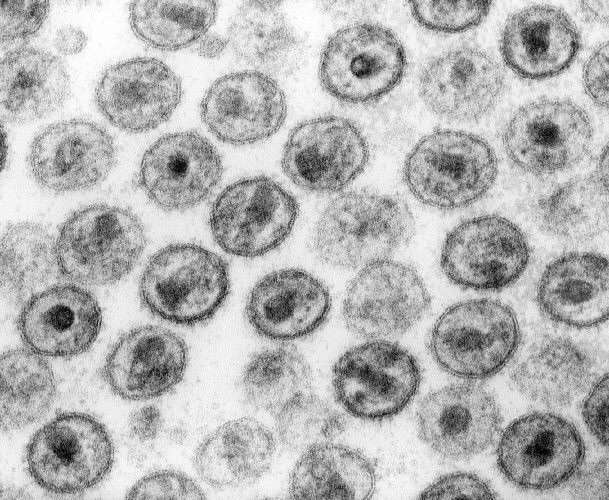A genetic locus inherited from Neanderthals has been identified as a risk factor for severe Covid-19 in 2020. According to a scientist from the Max Planck Institute, the same genetic region may have a protective effect against HIV.
You will also be interested
[EN VIDÉO] Barbara McClintock, pioneer in genetics Pioneer of genetics, the American Barbara McClintock multiplied the discoveries between the end of the 1920s and the 1950s: the role of chromosomes in heredity, “crossing-over”, jumping genes, gene regulation, epigenetics… Ahead of their time, his work was rejected… then all confirmed. Rewarded in extremis by a Nobel in 1983, she was fully recognized during her lifetime as one of the greatest biologists. But so late…
Our genetic patrimony is sometimes determining in the evolution of the diseases. The most important risk factor identified by scientists for Covid-19 comes from Neanderthal Man. A scientist from the Max-Planck Institute for Evolutionary Anthropology, who was involved in the discovery of this risk factor geneticthinks that it would have beneficial effects on another infection: the HIV.
Genes bad for Covid-19 but beneficial against HIV?
” This major genetic risk factor for Covid-19 is so common that I started to wonder if it could actually be good for something, like providing protection against another infectious disease. », explains Hugo Zeberg, who is the sole author of the new study published in PNAS. The genetic region concerned is located on the chromosome 3, surrounded by others Genoa which code for receptors important for the immune system.
One of its receptors is CCR5, a very important co-receptor for virus HIV to tropism R5 who use it to infect lymphocytes. Hugo Zeberg thinks that individuals carrying this genetic variant have fewer CCR5 receptors and therefore a lower risk of being infected with HIV. By analyzing data from three servers of important biological data, he calculated that the genes inherited from Neanderthal reduce the risk of HIV infection by 27%. A hypothesis that remains to be confirmed by the rest of the scientific community and by other more advanced work.
Interested in what you just read?

